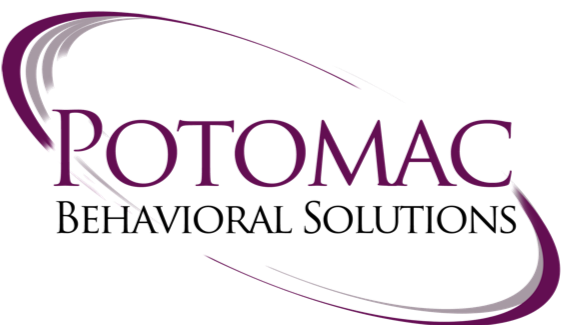Interview with Dr. Rebecca Hardin
What drew you to develop a career in the field of psychology?
I took a psychology class in high school which initiated my interest. I initially started pre-med studies in college, and after a while realized that I wasn’t enjoying much of the content except for the psychology courses. When I was exposed to a health psychology class, I had an “aha moment” related to learning about the mind-body connection and applying the biopsychosocial model to chronic illness - it was the perfect blend of medicine and mental health. I ended up switching majors and completed a degree in Psychology and have continued to focus on Health psychology through my studies and training.
Tell us about your special interest in Type 1 diabetes and co-occurring eating disorders:
For me, my interest in this field is two-fold. On one hand, I’ve always been interested in the severity of these conditions and the impacts on physical and mental well being, and on the other hand, having Type 1 Diabetes myself, I recognized the vulnerability that went along with it and realized how pervasive that vulnerability is to those with these co-occurring conditions. I have also had both personal and professional experience with the occurrences and did a lot of personal reading and research based on those experiences - it was interesting to think about the bi-directional impact on recovery, or on lack of recovery in these cases. Oftentimes, specialists may be pigeon-holed in the way they provide treatment or are not necessarily trained for these co-occurring disorders - when a patient suffers from the co-occurrence, it adds a substantial layer of complexity to the case. Fortunately, there is some training starting to emerge regarding the overlap of these two disciplines; although more is needed.
What is your favorite part about being Director of Program Development and Outreach?
With program development, I really enjoy looking at things from 30,000 foot view and then identifying ways that we can improve as a team and as a mental health clinic. I like being able to find where the deficits of service are and helping plan where we can be more helpful and improve or integrate evidence-based practice into these needed areas for the community. On the outreach side of things, having opportunities to travel to other facilities and learn about what services are offered helps me develop a top referral network for our patients. We develop relationships with other providers that we trust to ensure that patients receive good continuity of care. It’s comforting to know that we can stand behind our choices of where and who we refer individuals to. Overall, I value being part of and enhancing the services available to the community and being a resource to them.
Describe what your favorite therapeutic skill is:
With regard to DBT, identifying the dialectic of a situation if one of my favorite skills because it helps me slow down when a situation brings up strong emotions. Some of my other favorite skills are opposite action, behavioral activation, and taking a moment to check the accuracy of my thoughts (eg: cognitive reframing in CBT or checking the facts in DBT).
What is your favorite thing about evidence-based practice?
It works! I like that there is both anecdotal evidence as well as research evidence of its effectiveness. At PBS I like that we also use outcome measures with patients, which provides us with objective data to share with them and show them that treatment planning is working, or that treatment may need to be adjusted or updated. It allows us to accommodate what is needed for the patient in order to provide the most effective care.
Now, for a bit of fun: What is your favorite leisure activity and why?
I really enjoy kayaking because water is very peaceful to me. Hiking is another favorite leisure activity because I find the mountains to be serene and peaceful. Overall, being in nature is a relaxing and quiet escape from daily life in a noisy city. Spending time with friends is also one of my favorites...sometimes we simply hang out at the fire pit, and other times we even go on vacation together. It’s my way of accumulating some positive experiences in my life.
Is there anything else that you’d like to share with readers?
Yes. Although I can appreciate that I’m a bit biased, I truly enjoy working at Potomac Behavioral Solutions because of our team approach. We operate like a family and genuinely care about one another, as well as our patients. I believe that we are an effective team and that we are able to pass that onto the individuals we serve - and as both a professional, individual, and consumer of services, that means a lot to me.

